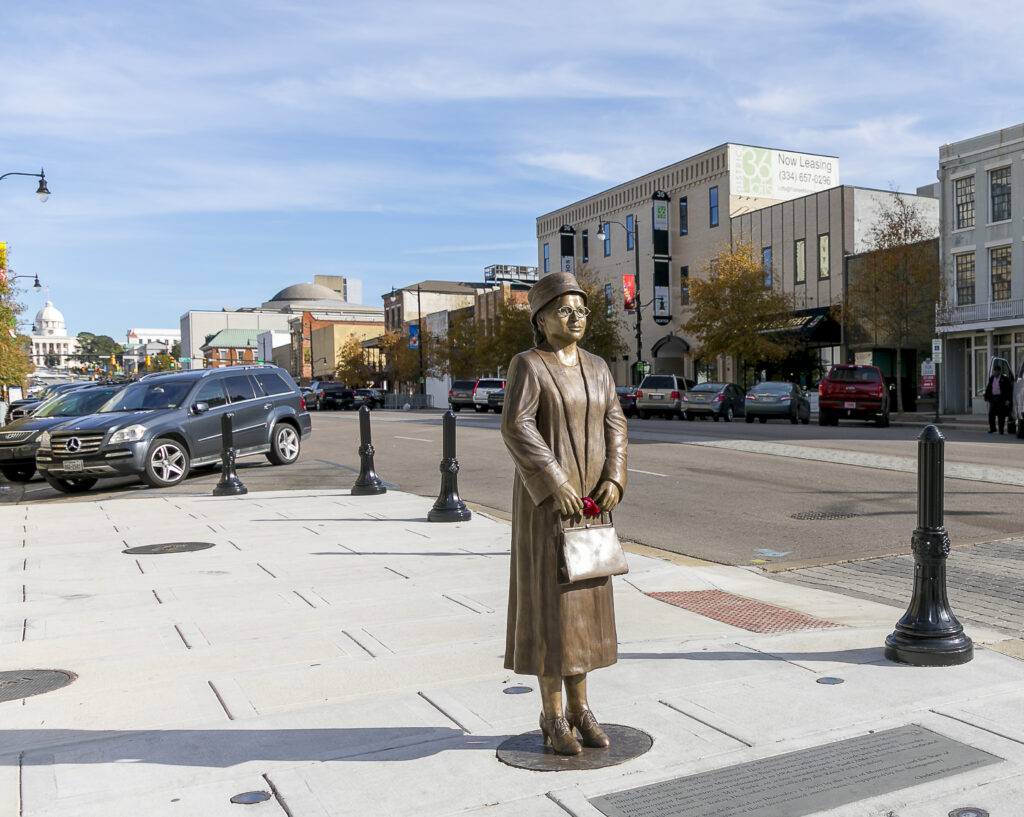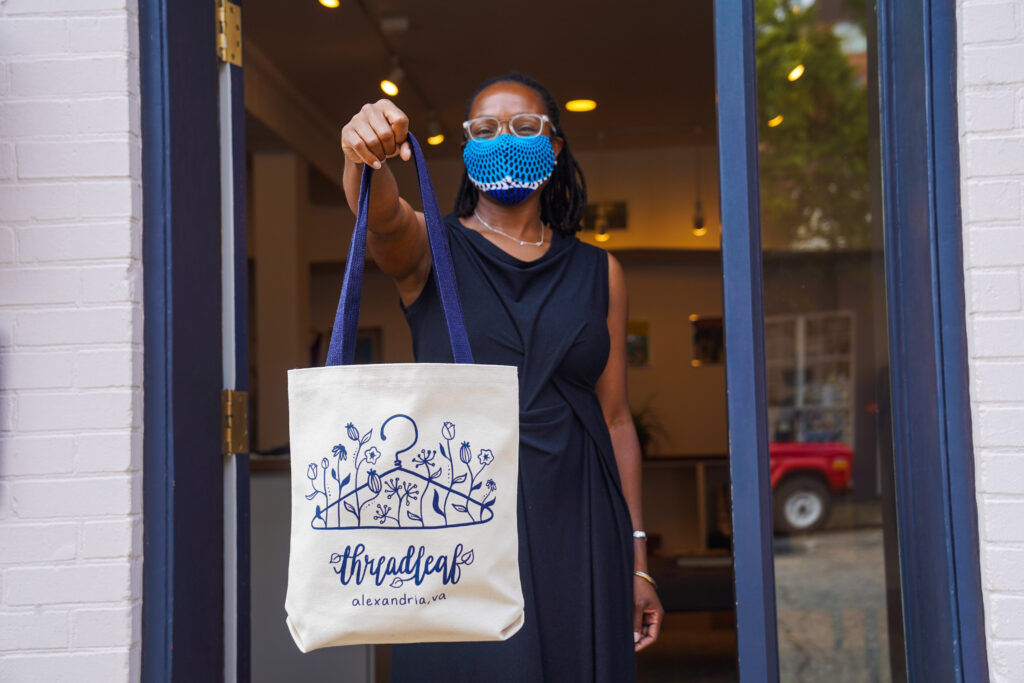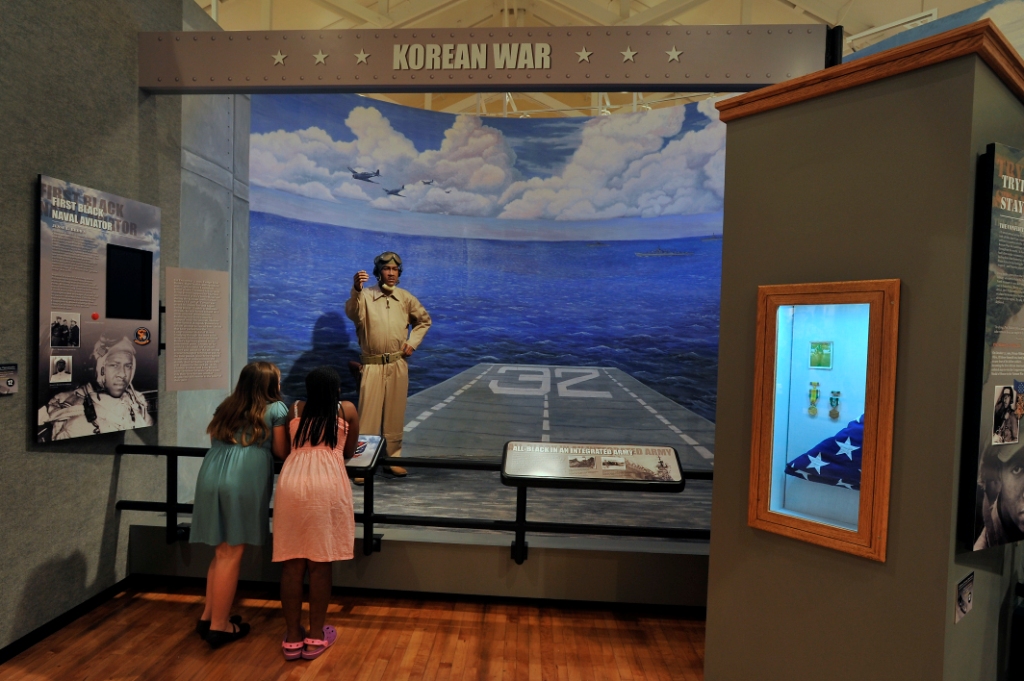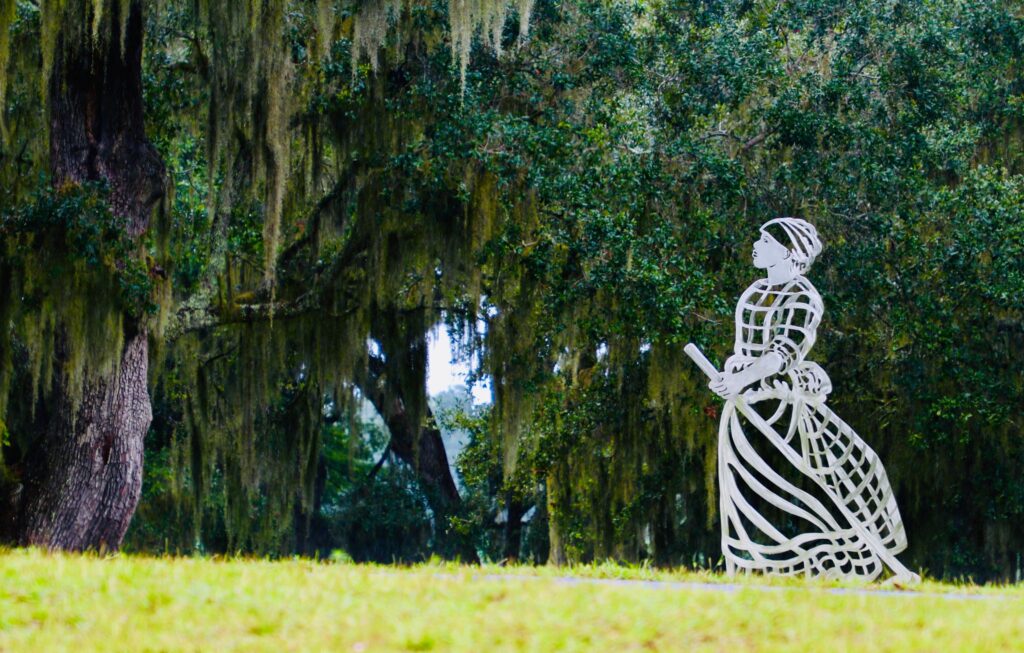In honor of Black History Month, cities across the country are celebrating their black historical figures, remembering their civil rights journey and honoring the lives lost. See a selection of destinations for celebrating Black History Month below.
Montgomery, Alabama
Due to the ongoing global coronavirus pandemic and current social justice movement, an unquestionable longing for purposeful and educational travel has developed and amplified throughout the United States and the world. Montgomery, Alabama, also known as the birthplace of the civil rights movement, is the ideal destination to fulfill this demand during Black History Month. Bryan Stevenson – world-renowned lawyer, founder of the Equal Justice Initiative and author of the book “Just Mercy” – believes that “until we reckon with our history…we will live in a nation where black people are marginalized, menaced, excluded and threatened.” For this very reason, Stevenson founded the National Memorial for Peace & Justice and Legacy Museum in Montgomery, which honors the victims of lynching and displays the history of slavery and racism in America. A must-visit site in February, the memorial recently announced extended nighttime viewing hours on the weekend and the museum just reopened with all new exhibits. Other notable civil rights experiences include the Rosa Parks Museum, Freedom Rides Museum, Dexter Avenue Church where Martin Luther King Jr. preached and more.
Natchez, Mississippi
With over 300 years of history in this small Mississippi River town, visitors can experience history where it happened. Natchez is home to Forks of the Road Slave Market, one of the largest slave markets in the country and The William Johnson House (operated by the National Park Service), which remembers the life of Johnson, a free man of color in antebellum Natchez who kept a diary for almost 16 years, which is now recognized as the lengthiest and most detailed personal narrative authored by an African-American during the antebellum era in the United States. Other important sites include Rhythm Night Club Onsite Memorial Museum, Zion Chapel AME Church (built-in 1858) and the newest edition – the “Proud to Take a Stand,” monument which was unveiled in late 2019 to recognize and honor the courage of numerous young civil rights activists in 1965.
Alexandria, Virginia
Alexandria is a city steeped in black history and culture since its founding in 1749. To walk through the streets of Alexandria is to walk through America’s timeline of African-American history from colonial times to the Civil War to civil rights. During Black History Month in February and beyond, visitors can start exploring new black history tours and historical markers including the Manumission Tour Company’s newest guided walking tour route, the new eight-site Courageous Journey driving tour and the new African American Heritage Trail. Once done exploring, visitors can take part in Alexandria’s modern amenities and black-owned businesses.
Louisville, Kentucky
To celebrate the stories of the many African-American men and women that shaped the Louisville Experience, Bourbon City’s Black Heritage Unfiltered Truth Collection will open to the public in March 2021. Through six immersive, unfiltered experiences, visitors can journey back in time and explore the rich and engaging black heritage that built the culture of Louisville. Featured experiences include:
• Evan Williams: The Ideal Bartender Experience
• The Kentucky Center for African American Heritage – The Journey Into The Soul of Russell
• Frazier History Museum: From Enslaved to Empowered: Kentucky’s African-American Experience through Bourbon
• Locust Grove: Unfolding the Story – The Enslaved at Locust Grove
• Kentucky Derby Museum: Proud of My Calling, An African American Experience in the Kentucky Derby
• Roots 101 African American Museum – The Sankofa Experience
Paducah, Kentucky
Visitors to Paducah can tour the Hotel Metropolitan, a restored hotel that has hosted famous African-American sports figures and entertainers during segregation. After being turned away because she was a woman, 24-year-old widow Maggie Steed used her late husband’s name to open the hotel. The Hotel Metropolitan was the first hotel in Paducah operated by and for African-Americans. Guests over the years included many legends of the Jazz Age and beyond including Louis Armstrong, Duke Ellington, Cab Calloway, B.B. King, Bobby “Blue” Bland and Ike and Tina Turner. Other notable guests included future Supreme Court Justice Thurgood Marshall, the Harlem Globetrotters, and members of the Negro Baseball League, including Satchel Paige. Tours of Hotel Metropolitan are available by appointment.
Hattiesburg, Mississippi
Opened in 2009, Hattiesburg’s African American Military History Museum showcases the history and important role of African American soldiers, who served in every war since the U.S. was founded. The museum features an array of exhibits portraying Buffalo Soldiers, Tuskegee Airmen and servicemen and women from the greater Hattiesburg area, including the first African American naval aviator Jesse L. Brown. The museum is located in the only surviving USO built exclusively for African-American soldiers and is on the National Register of Historic Places.
Providence, Rhode Island
From the early days of the Rhode Island colony to today, Providence’s Early Black History Walking Tour provides insight into the city’s role in the trans-Atlantic slave trade, covering the period between 1636 and 1865. The tour was launched in January 2020 as an act of remembrance and honors the lives of those whose stories are only partially known, but who contributed significantly to the city Providence is today. Maps are available at Providence Visitor Center locations and a printable version is available on the Go Providence website.
New Haven, Connecticut
In 1839, New Haven, Connecticut became the final stop for a group of 53 Africans who had been abducted from their homeland to be sold as slaves. Held captive aboard the Spanish slave ship, La Amistad, the captives revolted and steered the ship toward North America in hopes of rescue. They were instead transported to New Haven to await trial for mutiny, murder, and piracy. After two years of legal battles, their case was successfully argued before the U.S. Supreme Court in 1841 by former President John Quincy Adams and the Amistad captives were freed. In commemoration of the Amistad affair, the citizens of New Haven resurrected the Amistad Committee in 1988, resulting in the construction of an Amistad replica. The Amistad Memorial is one of the few stops in New Haven from the CT Freedom Trail.
Brookgreen Gardens in Murrells Inlet, South Carolina
Brookgreen Gardens invites visitors to remember African-American history and contributions to this Black History Month by visiting its Lowcountry Trail. This self-guided walking trail follows a scenic boardwalk that crosses the hillside overlooking Mainfield, a restored rice field of a former plantation, the trail tells the story of the enslaved people who lived on the plantation. Along the trail are interpretive panels and figures, created in stainless steel by Babette Bloch, an award-winning artist, that serve as visually compelling landmarks and show the struggles of those who lived and worked on the plantation.
Gibbes Museum of Art in Charleston, South Carolina
The Gibbes Museum of Art invites patrons to support African-American artists by shopping at the Museum Store. The store features items from artists like Marcus Amaker, Charleston’s first Poet Laureate. Amaker has published eight books, has had his poetry studied in classrooms around the world, has recorded three albums with Grammy Award-winning drummer and producer Quentin E. Baxter and is selling his latest work, “The Birth of All Things,” in the Gibbes Museum store. The work is a 104-page poetry book about an eclectic mix of subjects: battle droids, Björk, black experience, beats, the blues, Bessie Coleman, a beautiful baby and more.




